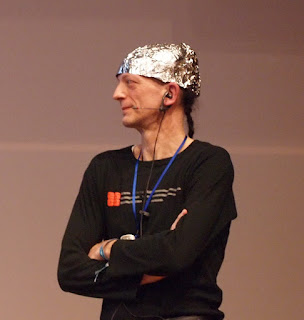Roundup of New Research on How the Virus Does its Dirty Work
Today, a few notes on research I have run across about all the ways SARS-CoV-2 messes with your body.
Spiking Your Lungs
A lot of people assume the virus has to get into your cells and start replicating to do it's thing. Not necessarily true.
According to a recent study the "spike" proteins on the virus surface do damage all by themselves, whether or not the viral material enters your cell. Effects include severe lung inflammation.
The researcher said in an interview that “Our mouse model dramatically reduces the danger of doing this type of research by allowing COVID-19 lung injury to be studied without using the intact, live virus. This will greatly increase and diversify the ability to do COVID-19 research. Our model will also likely be useful for studying other coronaviruses.”
Checking Your Gut's Immune Response
To study how the virus affects your gut, scientists built 3-dimensional tissue cultures derived from actual human gut cells. They exposed them to the virus, and watched the immune reactions.
Their study found that binding to the ACE-2 receptor (thought to be the main pathway to infection) was not the only factor in gut infection. Infected cells produced interferon, but the virus somehow interfered with the interferon's ability to signal to other cells that something is wrong.
"These findings reveal that SARS-CoV-2 curtails the immune response and highlights the gut as a pro-inflammatory reservoir that should be considered to fully understand SARS-CoV-2 pathogenesis," said the article.
Invading Nervous System Cells
A conference presentation at Experimental Biology last week, reported here, shed light on how the virus messes with our nervous system. The researchers found that it not only affects the actual cells that do the work (neurons) but other cells that support those (astrocytes) too.
Astrocytes are responsible for getting nutrients from the blood to the neurons and keeping bad substances and pathogens out. The study found that both they and neurons have the ACE-2 receptors that the virus targets, but that the astrocytes are less likely to become infected.
The flip side is that if they do become infected, then the provide a gateway to the neurons. Neurons can then become infected and damaged, causing a slew of neurological symptoms in victims.
Header image by Gerd Altmann from Pixabay



